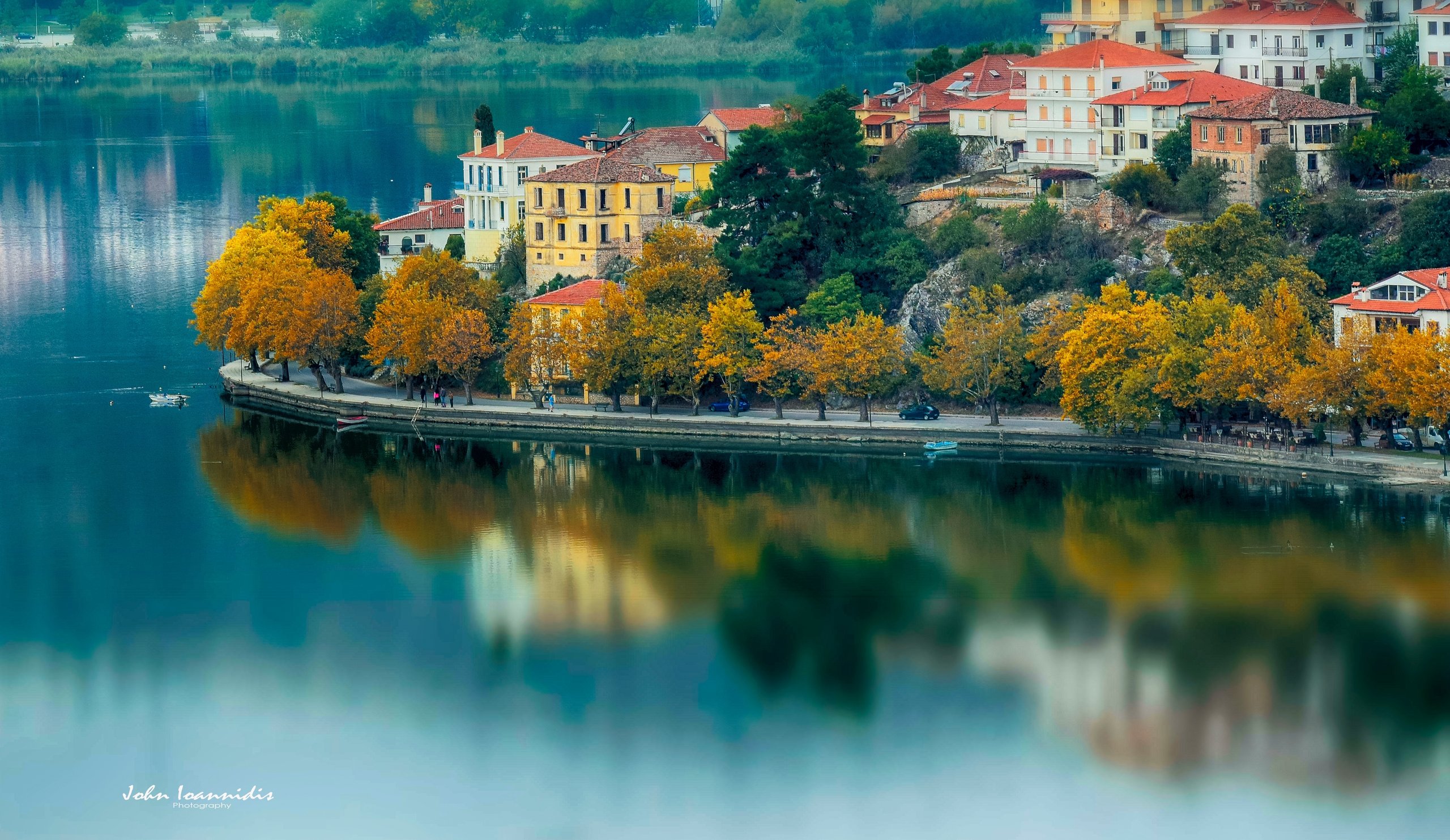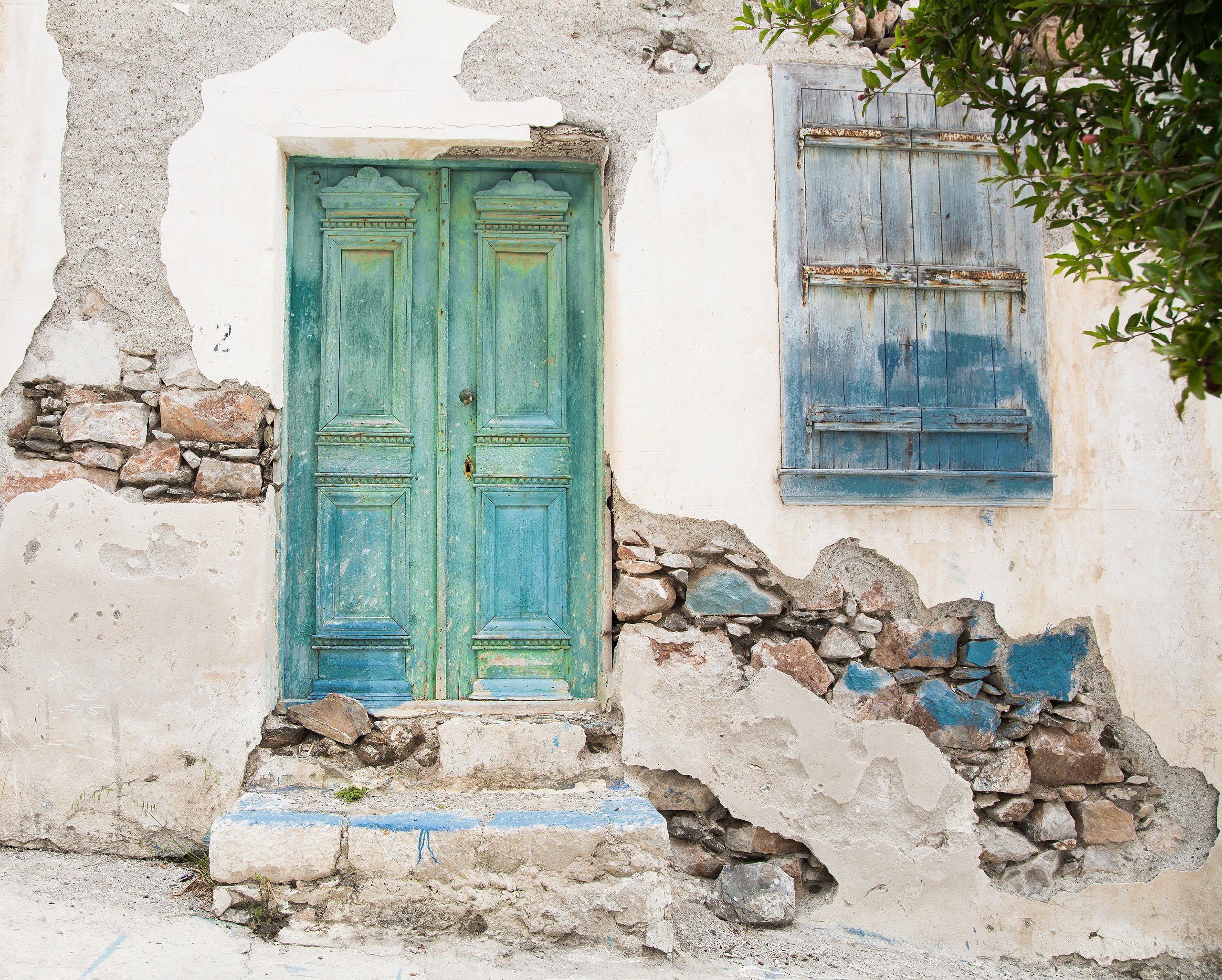Mykonos is Greece’s most glamorous island – famous for its boutique lifestyle, world-renowned beach clubs and thriving property market. Could this luxurious Cycladic Island be your perfect place in the sun?
Sun-drenched and stylish, Mykonos blends traditional Cycladic beauty with cosmopolitan flair. If you’re thinking of buying property in Mykonos – whether for lifestyle, investment or a mix of both – this guide will help you understand what to expect from the market, the buying process and daily life on the island.
Download the Greece Buying Guide
Contents
Why buy property in Mykonos?
Mykonos is famous for its sugar-cube houses, iconic windmills and glamorous beach scene. International buyers are drawn to its mix of rustic beauty and upscale amenities – where you can enjoy a barefoot morning stroll in a sleepy village square and dine in a celebrity-studded restaurant that evening.
At the centre is Mykonos Town (Chora), a web of whitewashed alleyways, blue shutters and boutiques. Little Venice is one of the island’s most photographed spots, perfect for sunset cocktails. Just steps away, the 16th-century windmills overlook the town and Aegean Sea.
But there’s more to Mykonos than its glitzy nightlife. The island has family-friendly beaches, slower-paced villages like Ano Mera and a growing community of remote workers and digital nomads attracted by the climate and high-speed connections.

Getting to Mykonos
Mykonos has an international airport with summer routes from the UK, Europe and the Middle East. From late autumn to spring, flights are more limited, so some buyers connect via Athens.
The island is also a hub for ferry connections, with routes to Delos, Tinos, Paros and Santorini. Whether you’re flying in for a weekend or planning an island-hopping adventure, Mykonos is well connected for a lifestyle that’s both luxurious and accessible.
The property market in Mykonos
Mykonos consistently tops Greece’s property price charts. In June 2025, the average asking price was €7,592 per square metre, according to Indomio – that’s almost four times higher than Crete and three times higher than Corfu. Homes are in high demand and supply is limited by strict building regulations and geography.
Here’s a quick snapshot of what you can expect by property type:
| Property type | Typical price range | Features |
|---|---|---|
| Apartment / maisonette | €500,000-€900,000 | Open-plan, balconies, often sea views |
| Traditional Cycladic house | €1m-€2m | Whitewashed style, central location, high rental appeal |
| Luxury villa | €2m+ | Private pool, sea views, landscaped gardens |
Even renovation projects can come with premium pricing. But with high demand for seasonal lets, many properties offer excellent rental returns – especially near the southern beaches or Mykonos Town.
Best areas to buy in Mykonos
Each part of the island offers something unique – from buzzing towns to quiet coves. Here are six popular areas:
- Mykonos Town (Chora): in the heart of the action – ideal for nightlife lovers and those who want everything on their doorstep.
- Ornos: a family favourite. Calm bay, easy access to town and a great mix of beach clubs and tavernas.
- Psarrou: glamorous and exclusive – home to Nammos beach club and frequent celebrity sightings.
- Elia: one of the island’s longest beaches, with space to relax and a welcoming LGBTQIA+ vibe.
- Ano Mera: a traditional inland village offering a quieter pace and more affordable prices.
- Kalafatis: great for outdoor lovers, with water sports and a laidback feel.
Climate and lifestyle
Mykonos enjoys around 300 days of sunshine a year. Peak season runs from July to August, with temperatures regularly above 30°C. Spring and early autumn are milder but still warm enough to swim, with fewer crowds. The meltemi wind can be strong in summer – especially on the north coast – which is one reason why many choose southern beaches like Psarou and Platys Gialos.
Outside of summer, the island winds down. November daytime highs hover around 18°C, and winter is quiet but rarely cold. While it may lack year-round bustle, this seasonality can be ideal for those seeking summer rentals with winter calm.
Is Mykonos a good investment?
For those seeking rental income or long-term appreciation, Mykonos remains a strong contender. High demand, limited land and global cachet create a competitive market. Each year, 1.5m people arrive by air and 1.2m by cruise ship – that’s more annual visitors than entire countries such as Peru or New Zealand receive!
In 2024, the Greek government updated its golden visa programme. In Mykonos, you now need to invest at least €800,000 in property to qualify – double the threshold in less touristic areas. This higher bar reinforces the island’s status as a luxury destination.
If you’re buying purely for investment, be aware of new short-term rental rules and tax obligations. It’s vital to work with a lawyer and tax advisor who understands Greek regulations.
How to buy a property in Mykonos
Here’s what your buying journey might look like:
- Research and shortlist locations
Consider lifestyle needs, rental potential and accessibility.
- Define your budget
Account for up to 10% in buying costs. Speak to a currency expert about fixing your exchange rate.
- Get your AFM number
This is your Greek tax ID, needed for all property transactions.
- Build your team
Engage a bilingual estate agent, independent lawyer and tax advisor. Your Overseas Home can help with introductions.
- Plan a viewing trip
Most buyers combine it with a short break to explore the island in person.
- Make an offer
Once accepted, your lawyer will begin due diligence.
- Sign the preliminary contract
You’ll usually pay a 10% deposit at this stage.
- Prepare for completion
Arrange utilities, property insurance and local bank accounts if needed.
- Sign the final contract
This happens in front of a notary. You’ll then pay the remaining balance and receive your keys.
- Register the property
Your lawyer will handle this at the Land Registry.
Frequently asked questions
Yes. Foreign buyers, including UK citizens, can legally purchase property in Mykonos. The process involves obtaining a Greek tax number (AFM), working with an independent lawyer and registering your ownership at the local Land Registry.
Mykonos is one of Greece’s strongest property markets, with high rental demand and limited supply. Tourism figures exceed 2.5m visitors annually and average asking prices (€7,592 per square metre in June 2025) reflect the island’s luxury appeal. For investors, strong rental yields and long-term capital appreciation make it a solid choice, provided you’re aware of tax and rental regulations.
Property in Mykonos is among the most expensive in Greece – often three to four times higher than islands like Corfu or Crete. This premium is due to strict building rules, limited land and the island’s global reputation as a luxury destination. While it may feel expensive compared to other regions, buyers are paying for exclusivity, strong rental returns and long-term market resilience.
You might also like:









